

2019-09-01 10:31:00 Sun ET
technology social safety nets education infrastructure health insurance health care medical care medication vaccine social security pension deposit insurance
Most artificial intelligence applications cannot figure out the intricate nuances of natural language and facial recognition. These intricate nuances represent a major persistent challenge to most recent artificial intelligence applications such as Apple Siri, Amazon Alexa, and Google Assistant etc. For instance, artificial intelligence applications often cannot decipher puns, jokes, sarcastic remarks, and other more complex conversations. Artificial intelligence applications often cannot distinguish delicate human facial expressions such as surprise and confusion, fear and anxiety, or hubris and hysteria.
Many artificial intelligence machines learn from big data to predict specific human emotions, actions, and interactive outcomes via neural networks. Primary emotion recognition technology analyzes facial expressions to infer how humans feel, and this technology can create $25 billion business opportunities by 2025. Tech titans such as Facebook, Apple, Microsoft, Google, and Amazon (F.A.M.G.A.) lead these tech advances in artificial intelligence. New lean specialty startups such Kairos and Affectiva also take part in this fresh unique direction. Emotion recognition can often help promote products and services, and this new technology can be useful in job recruitment, fraud, and crime prevention. Several lean enterprises seek to capture this tech niche, and these enterprises have yet to close the gap between artificial intelligence and universal intelligence.
If any of our AYA Analytica financial health memos (FHM), blog posts, ebooks, newsletters, and notifications etc, or any other form of online content curation, involves potential copyright concerns, please feel free to contact us at service@ayafintech.network so that we can remove relevant content in response to any such request within a reasonable time frame.
2022-10-25 11:31:00 Tuesday ET

Corporate investment insights from mergers and acquisitions Relative market misvaluation between the bidder and target firms drives most waves of mergers
2017-07-19 11:35:00 Wednesday ET
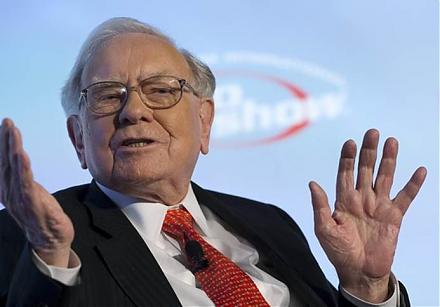
This brief article encapsulates the timeless wisdom of Warren Buffett's famous quotes on fundamental stock investment, fear and greed, patience, risk co
2017-08-19 14:43:00 Saturday ET
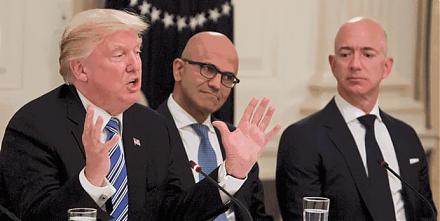
In a recent tweet, President Donald Trump criticizes Amazon over taxes and jobs. Without providing specific evidence, Trump accuses of the e-commerce retail
2018-03-05 07:34:00 Monday ET
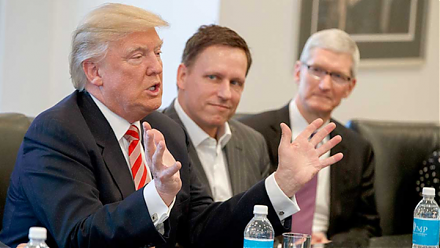
Peter Thiel shares his money views of President Trump, Facebook, Bitcoin, global finance, and trade etc. As an early technology adopter, Thiel invests in Fa
2024-03-19 03:35:58 Tuesday ET
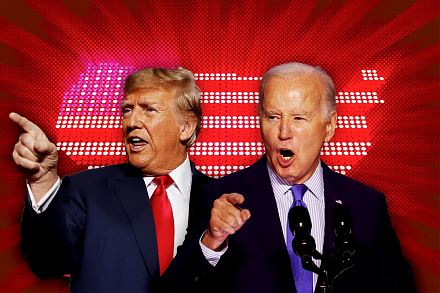
U.S. presidential election: a re-match between Biden and Trump in November 2024 We delve into the 5 major economic themes of the U.S. presidential electi
2025-05-29 08:25:28 Thursday ET
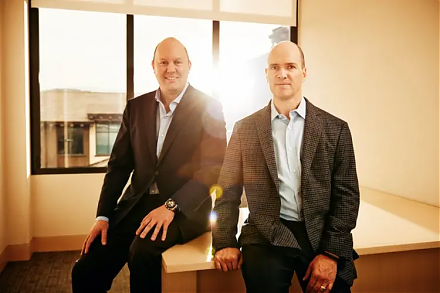
Serial venture capitalist Ben Horowitz describes many hard truths, lessons, and insights from his entrepreneurial journey of running LoudCloud from a Silico